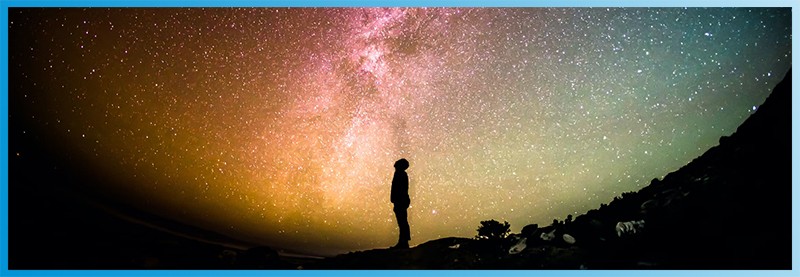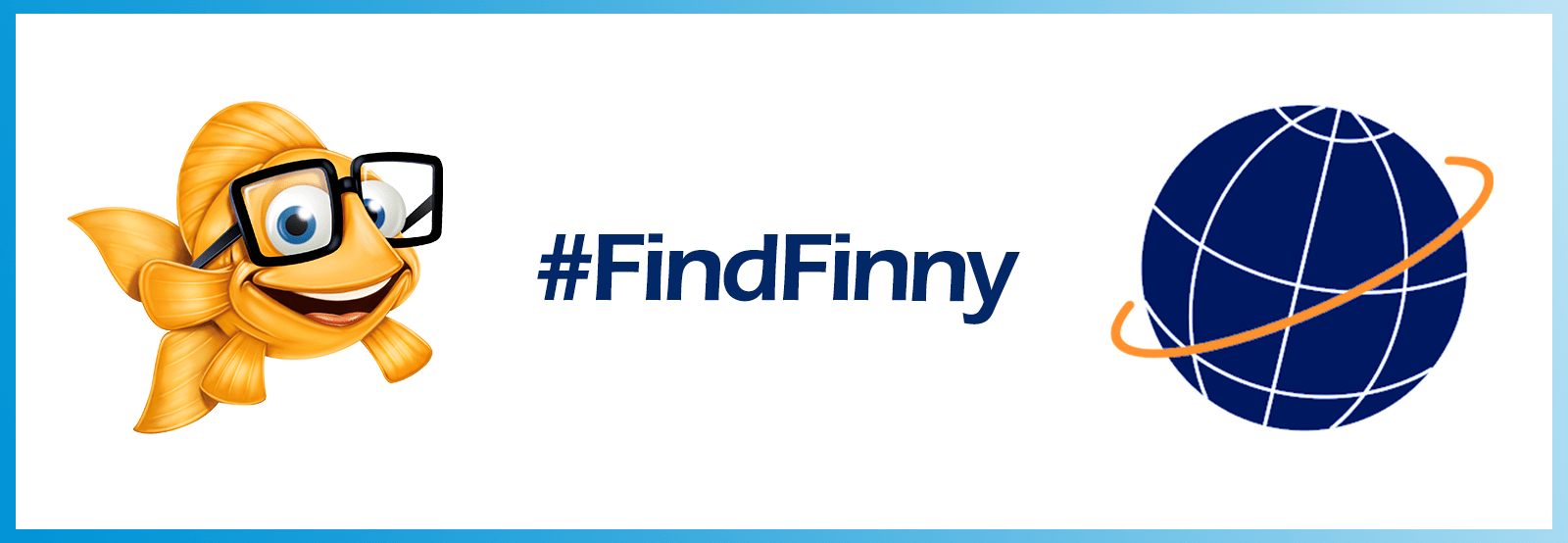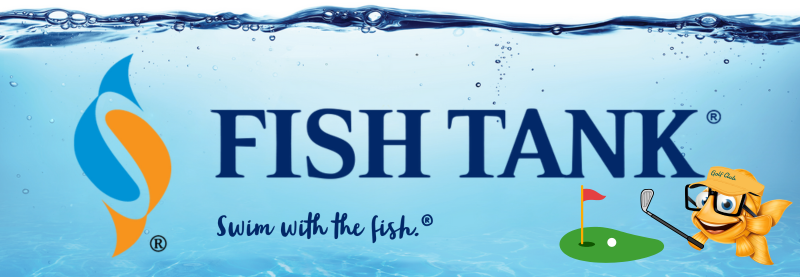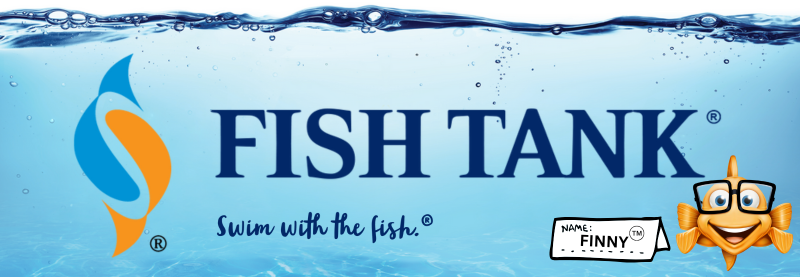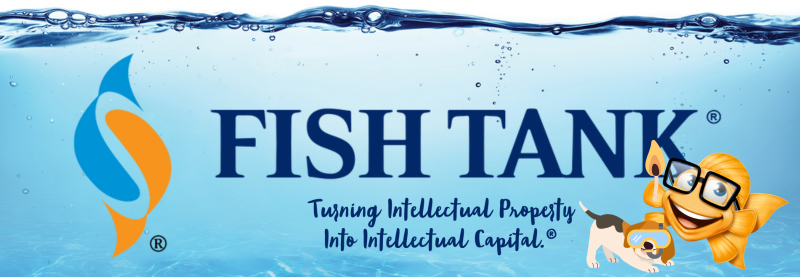Intellectual Property Insights from Fishman Stewart PLLC
Newsletter – Volume 22, Issue 7
Share on Social
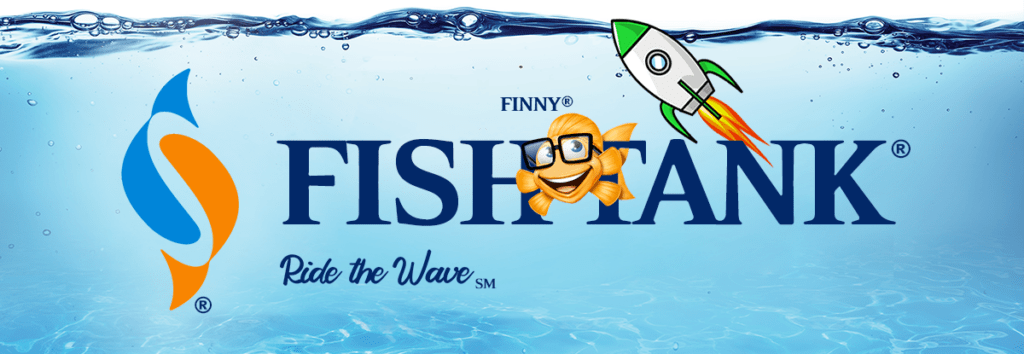
This is the Way: Disney’s Path to Protecting Baby Yoda
By Melissa M. Chapman
As Disney+ subscribers tuned into The Mandalorian in November of 2019, they could not have expected the break-through character that was about to be introduced into the Star Wars universe: Grogu, commonly referred to as “Baby Yoda” or “The Child.” Grogu quickly became one of the most popular television show characters of recent history. But what exactly made this character so special?
Despite the character’s reception as cute and meme-worthy, the surprise and delight of an unannounced character may have also played a role in the character’s success. Star Wars ran into issues in the past with plotlines and new characters being spoiled ahead of a movie release. For example, trading cards released in 1980 revealed Han Solo encased in carbonite, spoiling his unfortunate “fate” well before the release of Star Wars: Episode V – The Empire Strikes Back. More recently, LucasFilm filed a new trademark application for Boba Fett ahead of the fan-favorite character’s appearance in Season 2 of The Mandalorian. Viewers lurking the internet for spoilers found the trademark application, leading to theories of Boba Fett’s appearance before his episode aired.
Sensing Grogu’s potential, the character was deliberately kept secret by Disney. Grogu was withheld from all pre-release marketing and merchandise, screeners of the pilot episode were not distributed, and no trademark applications regarding the character were filed. When Grogu finally hit the screen, the surprise appearance skyrocketed him to fame.
However, secrecy came at a price. With a release so close to the holiday season and no official merchandise yet available, fans turned to unlicensed merchandise and products featuring the character from websites like Etsy and Amazon Marketplace. In fact, Disney – normally a strict enforcer of its intellectual property – seemingly allowed unauthorized merchandise to continue to be sold until it was prepared to file its trademark applications and make available its official merchandise. It is estimated that Disney potentially missed out on $2.7 million in potential revenue, simply due to the delay in releasing official Grogu merchandise, after the holiday season. This leads to the question: Was it worth it?
Infamous for its aggressive protection of intellectual property, it was uncharacteristic of Disney to not file a trademark application or otherwise protect the Grogu intellectual property prior to the show’s release. While the company may have left merchandise sales on the table, the explosion of internet fame raised significant awareness of the television show. The Mandalorian landed at No. 14 on Nielsen’s overall list of most watched streaming TV shows and movies of 2020, and No. 5 on Nielsen’s list of top streaming original series of 2020. Moreover, interest in Grogu helped Disney+ amass over 26 million subscribers to its streaming services within the first three months after launching.
While we are unable to say “This is always the way”, the strategy worked for Disney in this instance. The numbers speak for themselves. The long-term value of keeping “Baby Yoda” a secret played out well in the Star Wars galaxy.
Published April 1, 2022

Finny continues his adventures around the world!
This week, Finny was spotted at Trafalgar Square in England, Oceanside Pier in California, and Central Park in New York. Follow Finny and see more of his adventures HERE.
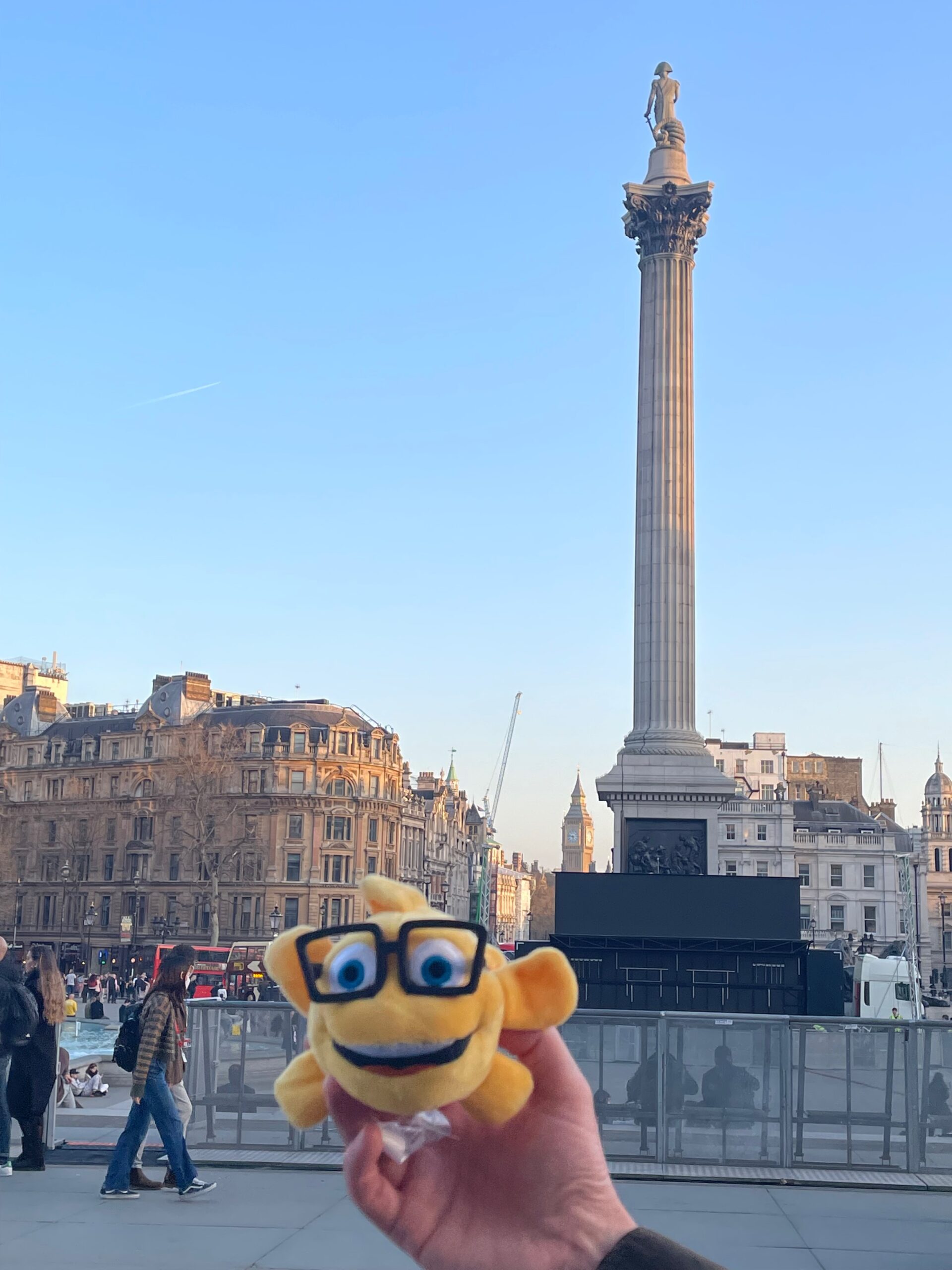
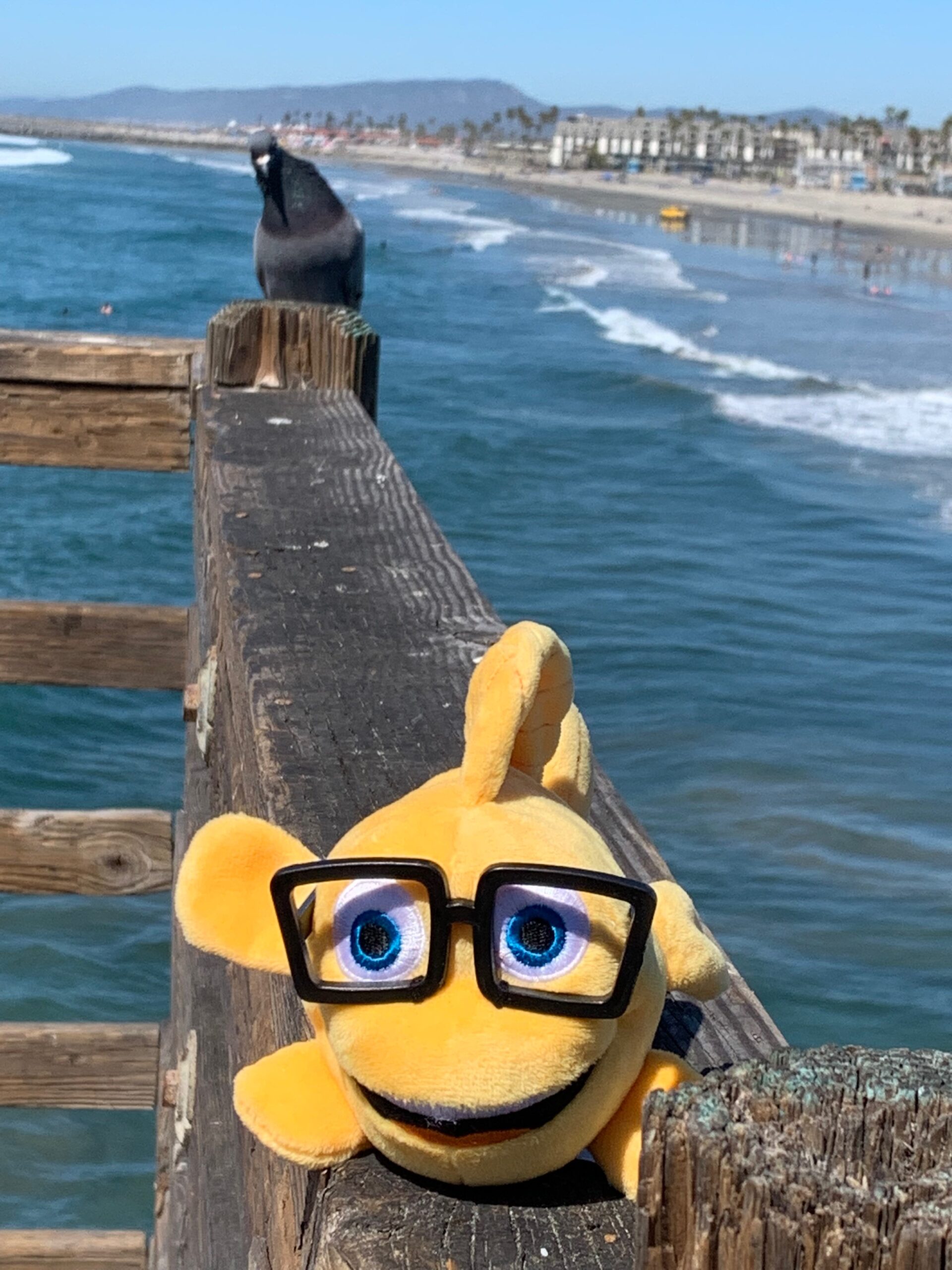
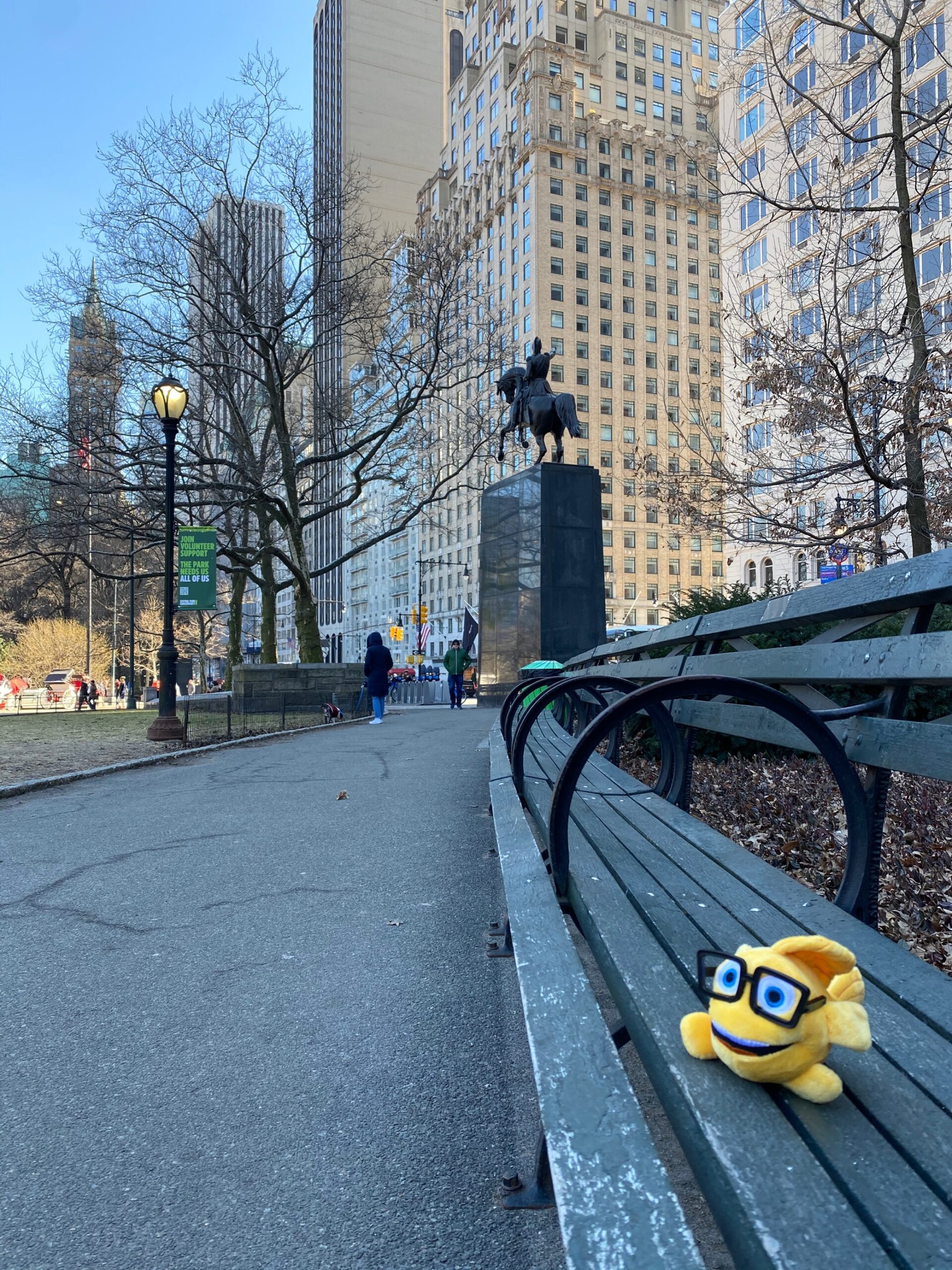
Related Content from Fishman Stewart
In February, Nike and Skims announced that they will be working together on a new brand, NikeSkims. The co-brand will create a new line of training apparel, footwear, and accessories specifically designed to meet the unique needs of women athletes.
Generally, federal courts have exclusive jurisdiction over copyright cases, and often, this presents an insurmountable paywall for individual artists and small businesses to vindicate their rights, especially where the value of the individual copyrighted works are relatively low.
Dedicated to raising public awareness about the importance of encouraging innovation and creativity throughout the world, the World Intellectual Property Organization (WIPO) annually observes World Intellectual Property Day on April 26 to showcase the role that patents, trademarks, industrial designs, copyrights and trade secrets play in our everyday lives.
Hold onto your foam fingers, sports fans – college sports just got a whole lot more interesting! The latest updates to Name, Image, and Likeness (NIL) rules are making student-athletes bigger than ever, and it’s not just about the game anymore.
Did a federal court in Louisiana recently decide that US copyrights are global rights? It seems so.
L.A.B. Golf aims to protect its innovations, and therefore its market position, owning three patents for its zero-torque design. The question now is whether L.A.B. Golf can withstand the wave of copycat designs.
One of his most famous songs, “Lose Yourself” was recently at the center of a lawsuit. In 2019, Eminem’s publishing company Eight Mile Style sued Spotify claiming that Spotify streamed a number of its musical compositions without proper licenses.
Our latest article tackles three common trademark questions: 1. Can I trademark my own name? 2. Can I trademark the name of a fictional character? 3. Can I trademark the name of a U.S. president or British royal?
One of the most common challenges is whether AI should be free to train on data that is protected by copyright and owned by third parties without first obtaining permission.
Like the titles of single creative works, character names do not generate trademark rights unless used for a series of creative works (meaning two or more). A year ago, Jane Wick, LLC filed a trademark application for the mark JANE WICK in logo format.
IDENTIFYING, SECURING AND ADVANCING CREATIVITY®


